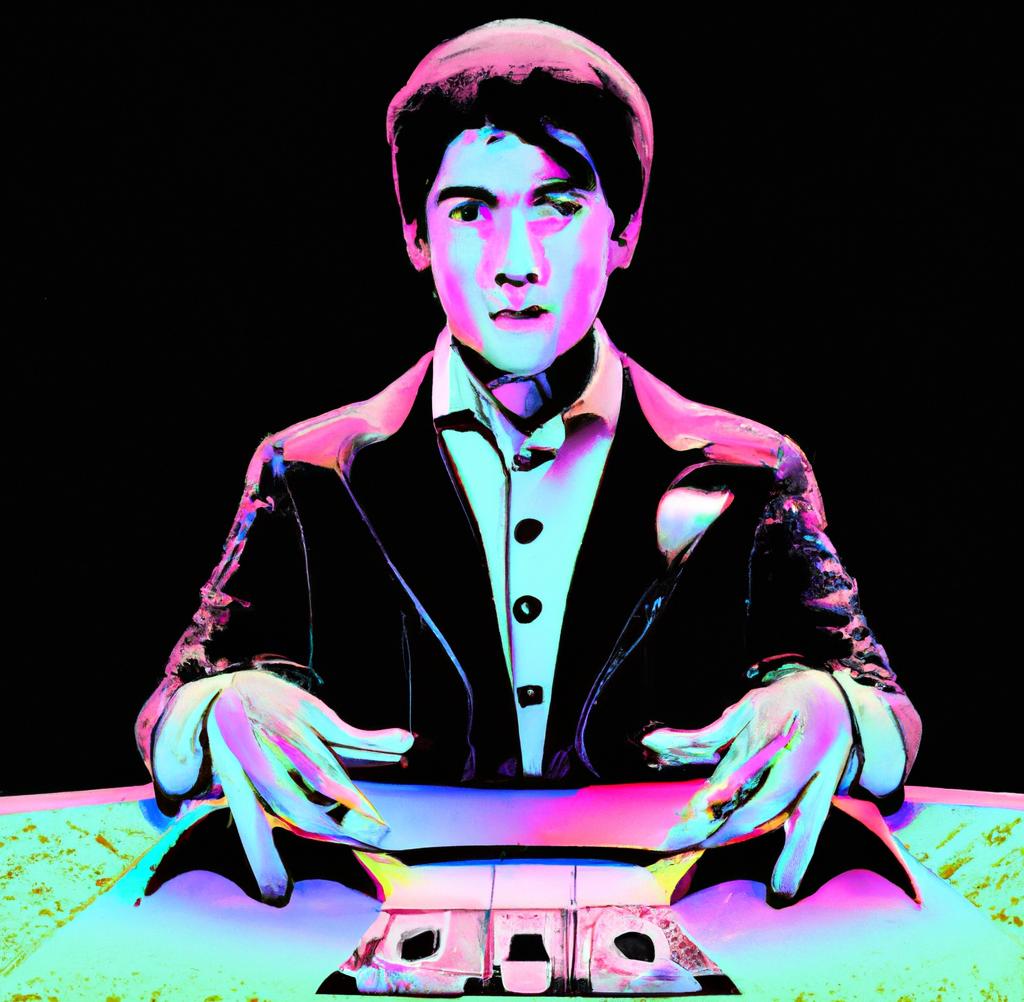Blackjack is one of the most popular casino games in the world, and it’s easy to see why. The game is simple, yet strategic, and it offers players a chance to win big prizes with just a little bit of luck.
However, like any other casino game, there are odds involved that can affect your chances of winning. In this article, we will take a look at the odds of losing a blackjack hand.
Exclusive BlackJack Casino Offers:
The Basics of Blackjack
Before we dive into the odds of losing a blackjack hand, let’s first take a look at how the game works. Blackjack is played with one or more decks of cards, and the goal is to get as close to 21 points as possible without going over. The dealer deals two cards to each player and two cards to themselves.
The player then has the option to “hit” or “stand.” If they hit, they receive another card. If they stand, they keep their current hand.
Once all players have finished their turns, the dealer reveals their hand and hits or stands according to specific rules. The dealer must hit until they reach 17 points or higher and must stand on any total of 17 or higher.
The Odds of Losing a Blackjack Hand
Now that you understand how blackjack works let’s take a look at the odds of losing a blackjack hand. The first thing to understand is that blackjack is not purely a game of chance. There is an element of strategy involved in determining when to hit or stand based on your current hand and what card the dealer has face up.
Assuming you are using basic strategy (a set of rules that determines when to hit or stand based on your current hand), the odds of losing a single hand in blackjack are approximately 42%. This means that if you play 100 hands of blackjack, you can expect to lose about 42 hands on average.
However, it’s important to note that this number can vary based on a few factors. For example, if you are playing with more decks of cards, the odds of losing a hand increase slightly. This is because there are more cards in play, making it more difficult to predict which cards will be dealt next.
Additionally, if the dealer is showing a strong card (such as an ace or ten), the odds of losing a hand increase. This is because the dealer has a higher chance of getting a strong hand (such as blackjack) and beating your hand.
Finally, if you are not using basic strategy and are simply playing based on intuition or “gut feeling,” the odds of losing a hand increase significantly. Basic strategy is designed to minimize your losses and give you the best chance of winning in the long run.
Conclusion
In conclusion, while blackjack is primarily a game of chance, there are strategies that can be used to improve your odds of winning. If you use basic strategy and understand the factors that can affect your chances of winning (such as the number of decks in play and the dealer’s up card), you can improve your chances of coming out ahead in the long run. However, it’s important to remember that no strategy can guarantee a win every time – ultimately, luck plays a significant role in determining whether or not you win or lose each individual hand.





